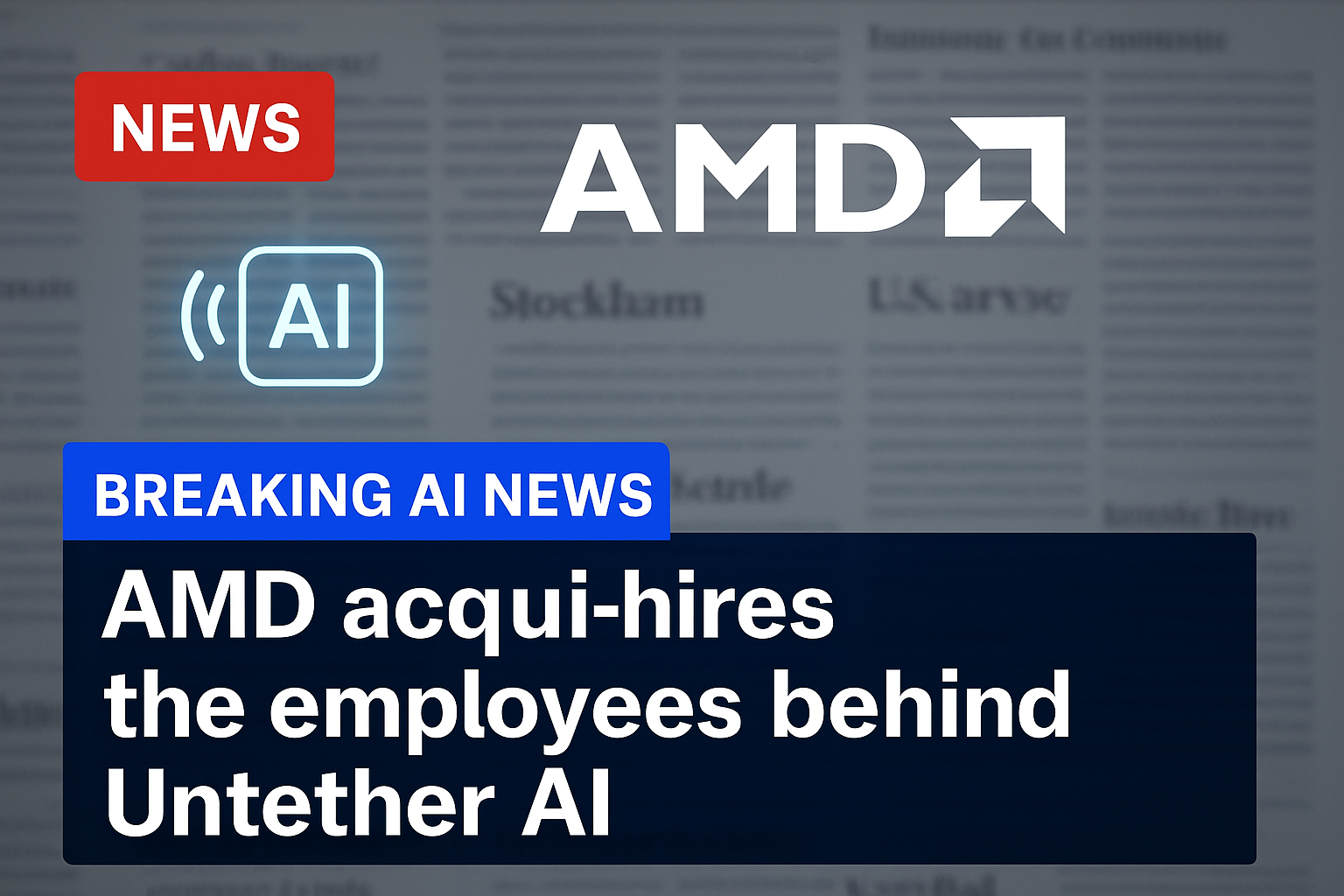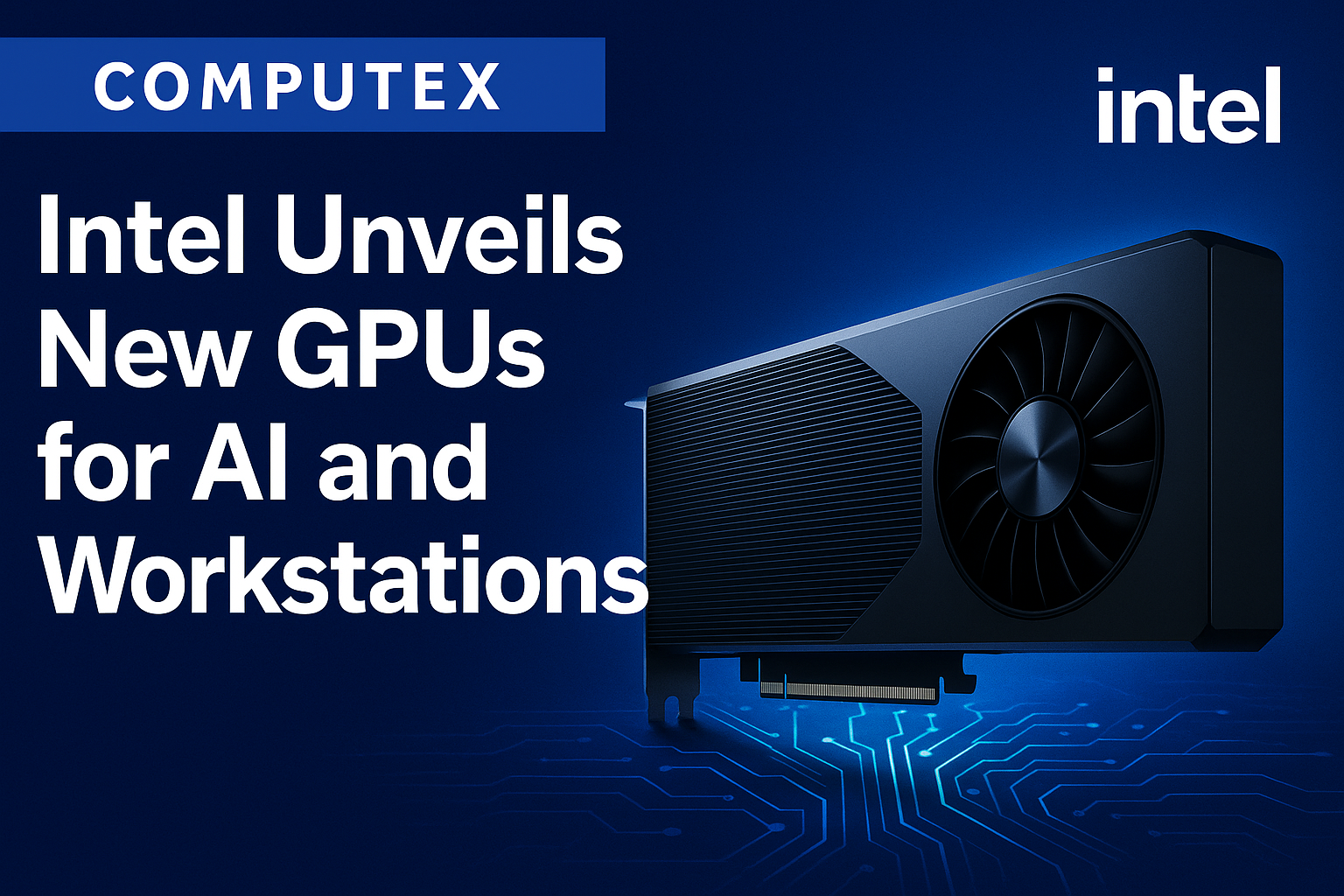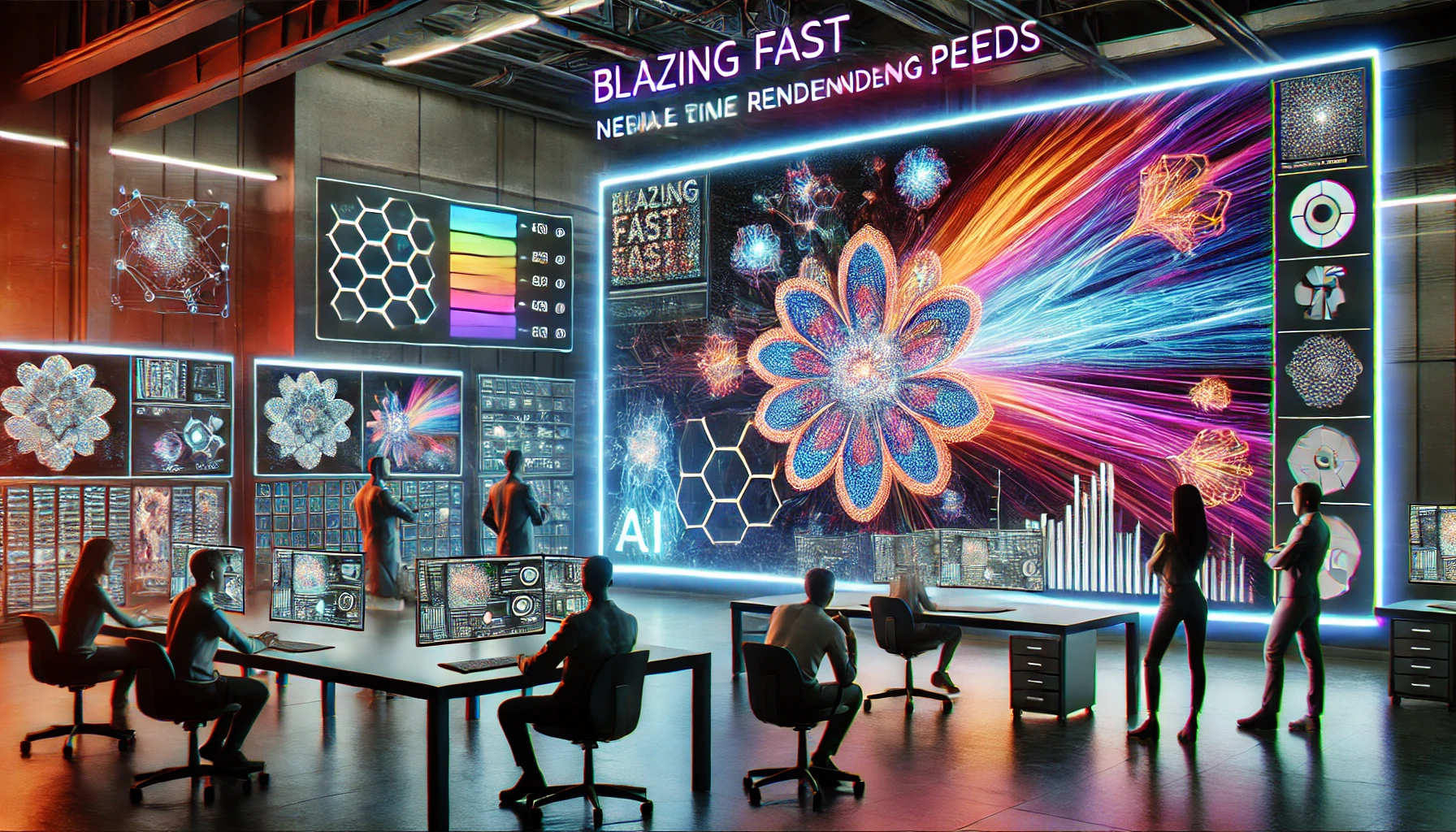A recent survey has revealed that one in five general practitioners (GPs) are using artificial intelligence (AI) tools, including ChatGPT, to assist with daily tasks. The findings highlight the growing role of AI in healthcare, as doctors look for ways to streamline administrative work and improve patient care.
AI in Healthcare
GPs are increasingly relying on AI tools like ChatGPT for various routine tasks, such as drafting patient letters, creating medical notes, and providing quick answers to non-urgent medical queries. These AI tools help doctors save time by automating certain aspects of their job, allowing them to focus more on direct patient care.
For example, AI tools can generate summaries of patient symptoms, suggest possible diagnoses, or even help with prescription writing, all while ensuring accuracy and efficiency.
Benefits and Concerns
The adoption of AI by GPs offers several benefits, including reducing the administrative burden, improving efficiency, and providing timely information. Many GPs find that AI tools can speed up mundane tasks, allowing them to spend more time interacting with patients and addressing their needs.
However, there are also concerns about the potential risks of relying too much on AI. Some worry that AI-generated suggestions could miss important nuances in patient care, and there are questions about patient privacy and data security when using such tools. Ensuring that AI complements rather than replaces human judgment is key to its successful integration into healthcare.
The Future of AI in Healthcare
As AI technology continues to advance, its role in healthcare is expected to grow. The survey suggests that more GPs may turn to AI tools like ChatGPT to help with both administrative and clinical tasks in the future. While AI has the potential to make healthcare more efficient, ongoing discussions about its ethical use, safety, and impact on doctor-patient relationships will be crucial.
In conclusion, the use of AI tools in healthcare is becoming more common, with one in five GPs already incorporating them into their daily routines. As AI continues to evolve, its influence on the healthcare sector will likely expand, bringing both opportunities and challenges for medical professionals.





